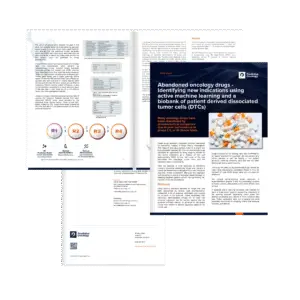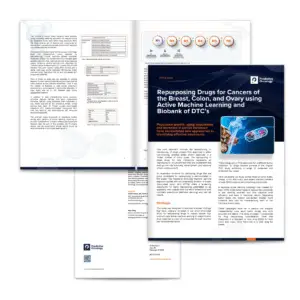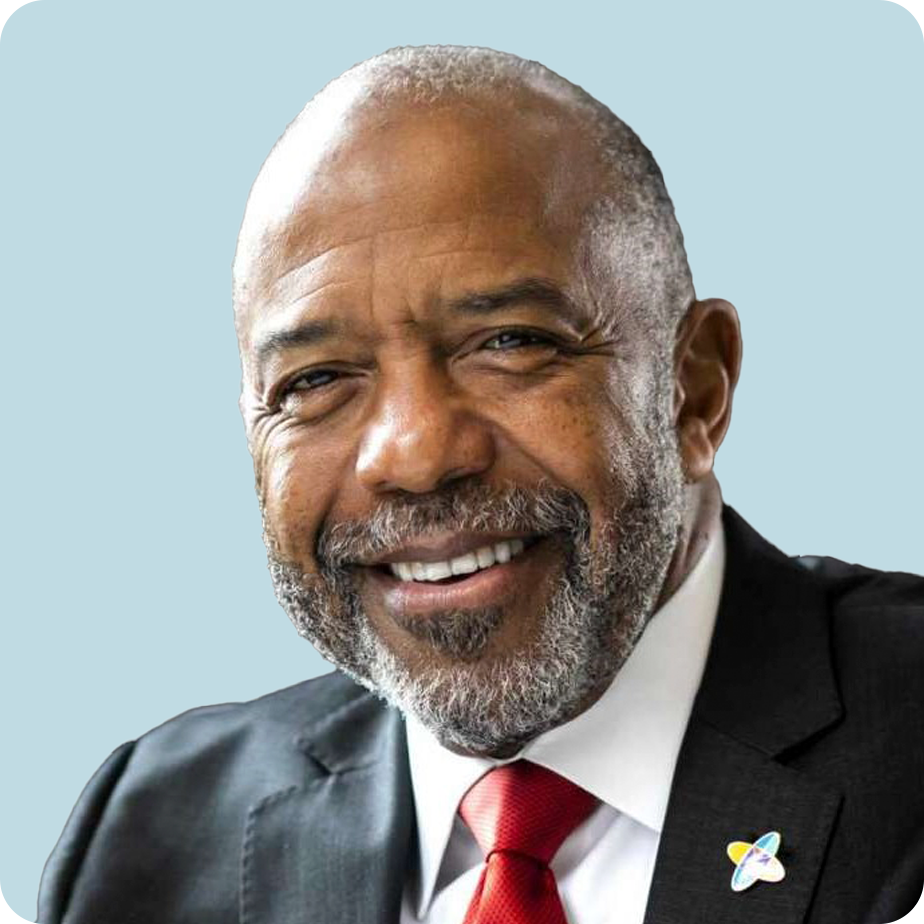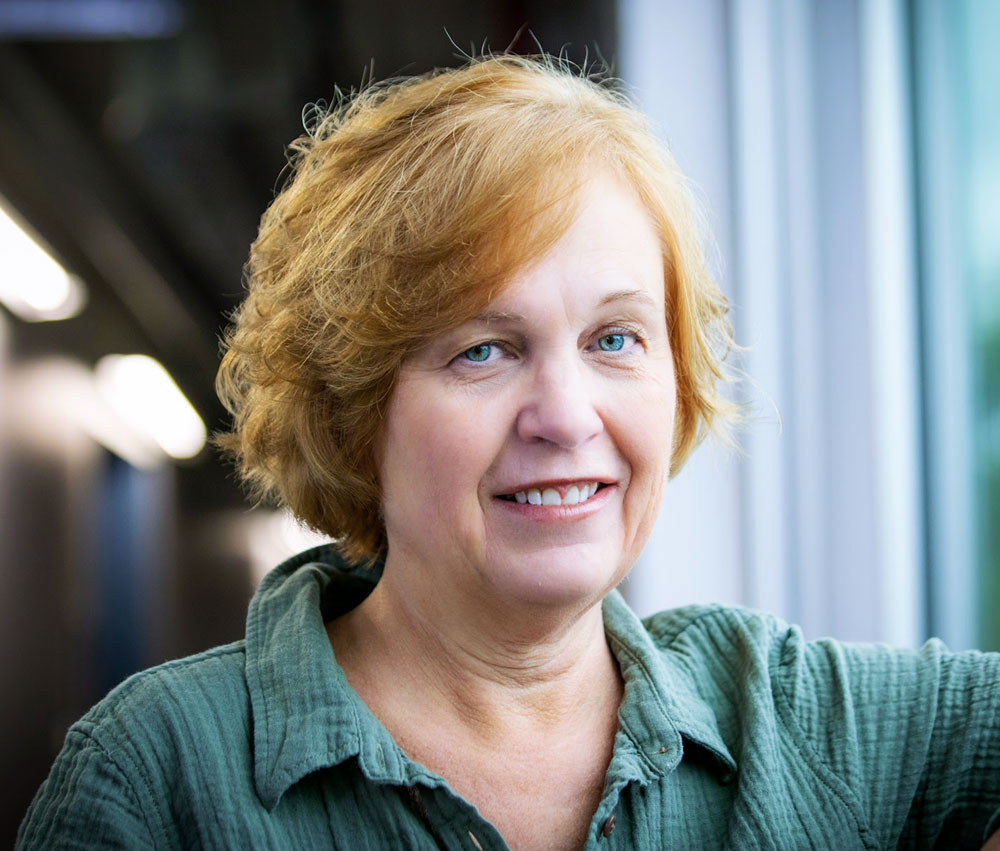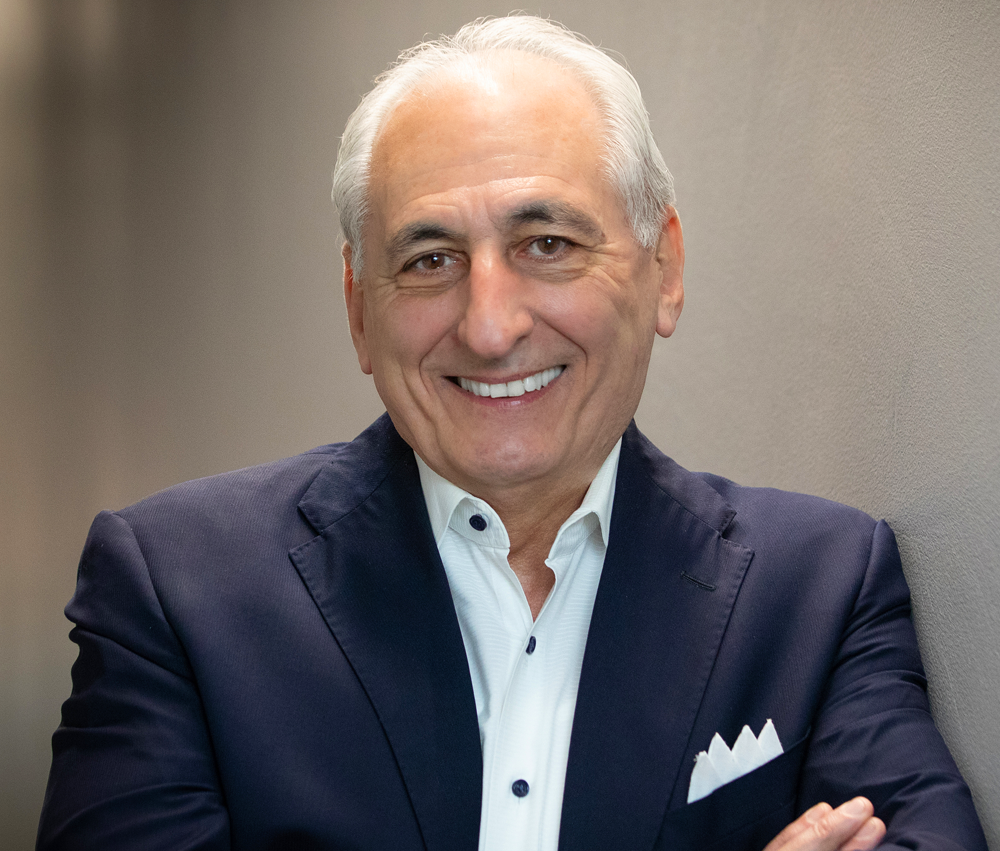The use of AI in drug development is relatively new, but the trend is picking up speed faster than experts could have predicted. In fact, some believe that COVID-19 accelerated the use of AI in drug discovery by as much as five years. Pharma companies and researchers large and small are dabbling in the technology, but there is still much to be measured and validated. This can make selecting the right AI partner and platform seem like a bit of a guessing game. Fortunately, there are a few key elements that can spell success in AI-driven oncology drug discovery.
1. Seek out proven AI technology
Your partner in AI-driven drug discovery is only as good as their machine-learning technology. Look for solutions that have been created or backed by respected institutions (universities with top expertise in the field, for example). It’s also crucial that your chosen AI technology is validated. In other words, do the predictions made by the AI have a proven accuracy rate? Look for proof of concept studies that leverage FDA-approved drug-tumor pairings and wet-lab validation to demonstrate the accuracy of the AI predictions.
2. Leverage a large pool of real, diverse tumor samples
Oncology drug developers will recognize this as a crucial element in the viability of AI-driven drug discovery because cancer growth—and response to drugs—is highly dependent on the tumor heterogeneity. Furthermore, many AI-driven solutions leverage animal tumor samples or outdated, immortalized cell lines, which do not translate to a successful outcome in clinical trials. AI platforms that work in conjunction with a diverse biobank of patient tumor samples deliver better predictive power for clinical success and a strong competitive edge.
3. Streamlined validation
Today’s AI engines are undoubtedly powerful, but when it comes to cancer drug discovery, a well-synced evaluation is a must. Working with a partner that maintains a large and diverse biobank and certified lab will save time during AI-driven drug discovery. Without an on-site lab, wet-lab evaluation of AI-driven predictions can become cumbersome and time consuming. In one proof of concept study, a combination of AI experimentation and on-site wet-lab testing saved time and yielded an accuracy rate of 92% for drug-tumor-pairing predictions.
4. Customized partnership
Given the complex nuances of the cancer drug discovery process, researchers looking to increase the probability of technical success of their company’s pipeline should partner with companies with leading-edge platforms that are flexible to a variety of pipeline needs. Look for a partner that has all the elements to create AI-driven discovery campaigns built around your needs—from the use of proprietary samples to strong AI machine learning capabilities.
Looking for a way to step up the use of AI in your team’s oncology drug development process? The PEDAL platform from Predictive Oncology leverages a unique combination of resources not available from any other partner:
- The world’s largest proprietary biobank of tumor samples—150,000+ clinical cases covering 137 different tumor types, plus associated assay capabilities
- A supplementary knowledgebase—historical drug response, biomarker, tissue imaging, patient characteristics and additional public data sets
- Advanced AI machine-learning platform CORE™ (Computational Research Engine), developed by top researchers at Carnegie Mellon University and licensed exclusively to Predictive Oncology; CORE takes a polypharmacological/pharmacogenomic approach to active machine learning, constructing models of all possible combinations of patient-specific drug response and using these models to efficiently drive rounds of wet-lab drug-response testing in an iterative manner.
A recent proof of concept study demonstrated that PEDAL could predict whether or not a drug compound would be a hit for a given tumor sample with 92% accuracy.
Interested in exploring a pilot program leveraging the PEDAL platform? Contact us here.
